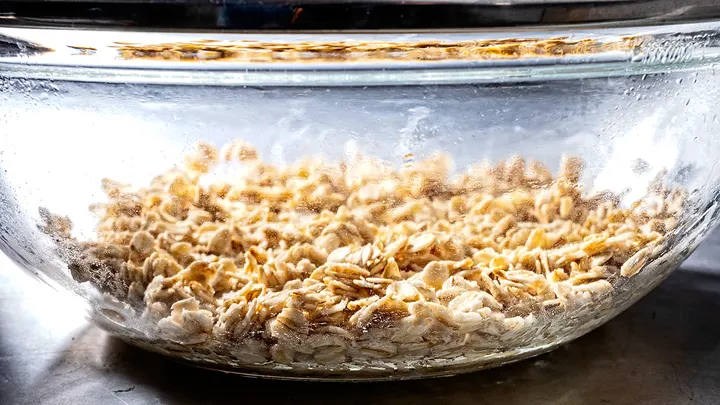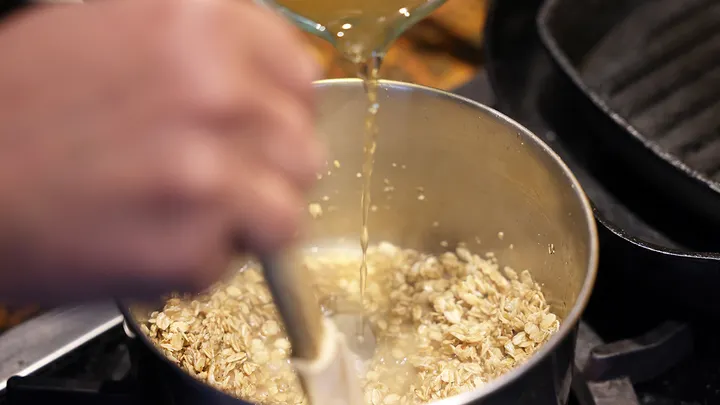A pesticide linked to reproductive and developmental issues in animals was found in oat-based foods sold in the U.S., including under major brand names like Cheerios and Quaker Oats, according to a recent peer-reviewed study.
Chlormequat was detected in 80% of people tested in three geographical regions of the U.S. between 2017 and 2023, according to the study by the Environmental Working Group (EWG) and published in the Journal of Exposure Science and Environmental Epidemiology.
Researchers also found that “the concentrations detected in 2023 samples were significantly higher than previous years’ samples.”
While some studies published in the National Library of Medicine linked the chemical to reproductive or development issues in animals, it raises “questions about whether it could also harm humans,” EWG researchers noted.
LISTERIA OUTBREAK: DAIRY PRODUCTS AFFECTED AND WHAT TO DO IF THEY’RE IN YOUR REFRIGERATOR
EWG is a nonprofit American activist group specializing in research and advocacy in areas such as agricultural subsidies, toxic chemicals, drinking water pollutants and corporate accountability.

DEADLY LISTERIA OUTBREAK PROMPTS DAIRY PRODUCT RECALL AT COSTCO, WALMART AND OTHERS
In 2018, researchers noted that the Environmental Protection Agency published acceptable food tolerance levels for chlormequat chloride in imported oat, wheat, barley, as well as some animal products. In 2020, allowable levels were then increased for oats, the study said.
The use of chlormequat on food crops like wheat, oats and barley, decreases the stem height of the plants, making them less likely to bend over and easier to harvest, according to EWG.

Along with testing the pesticide in humans, researchers simultaneously studied the levels of chlormequat in oat and wheat-based products purchased in the U.S. in 2022 and 2023 and identified “detectable levels of chlormequat in all but two of 25 conventional oat-based products.”
The two products with no detectable levels of chlormequat are 365 Whole Foods Market Fruit & Nut Muesli and Kellogg’s Special K Fruit & Yogurt.
In certain cases, the concentration was non-detectable while other products showed a “high prevalence of chlormequat in oats.”
In May 2023, EWG said it detected the chemical in 92% of oat-based foods, including Quaker Oats and Cheerios.
Quaker Oats, which is owned by PepsiCo, told FOX Business that the company stands “by the safety and quality” of its products.
“We have a comprehensive food safety management system in place. We adhere to all regulatory guidelines to ensure the safest, highest quality products for our consumers,” the company said in a statement.
General Mills, which owns the Cheerios brand, said that all of its products “adhere to all regulatory requirements.”
“Food safety is always our top priority at General Mills, and we take care to ensure our food is prepared and packaged in the safest way possible,” the company added.


